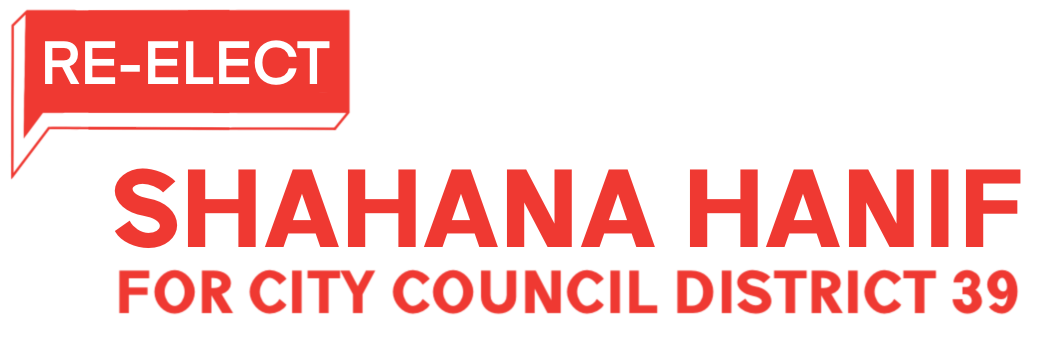RADICAL LANGUAGE JUSTICE IN NYC
For New Yorkers who speak a language other than English, the availability of translation services and materials is a matter of life and death — especially during the COVID-19 pandemic. Vaccine and testing sites, and contact tracing services lack adequate translation services and materials, putting frontline workers who don’t speak English further at risk. Some of the most linguistically diverse neighborhoods in Brooklyn, including Kensington, had the highest number of COVID-19 cases. Language inaccessibility does not just pervade the healthcare system: from voter registration hotlines lacking advertised translation services, to the failures of remote learning for multilingual and English language learners, New York City urgently needs radical language justice.
The premise for radical language justice in our city is simple: no one will be abandoned, no one is left behind in their share of fair and equitable care. Immigration status and language ability should not be barriers to accessing critical city services and support — yet, despite Local Law 30, Local Law 73, Executive Order 120, and Executive Order 26, the majority of non-English speaking New Yorkers do not receive the services agencies are mandated to provide. In Shahana’s role as Director of Organizing and Community Engagement in the office of Council Member Brad Lander, she helped Bangla-speaking families fill out requests for remote learning devices, and interfacing between school administration and families who needed to communicate with one another. Her work supporting non-English speaking families during this crisis made it even more clear that this translation work must be embedded in the way we co-design, develop, and fund programs.
+ Translation access
As Council Member, Shahana will...
- Create a pipeline and campaign to recruit paid diverse translators, including those fluent in languages of limited diffusion, representing district demographics
- Create a citywide strategy for translation in times of emergencies. This should include a community outreach plan for neighborhood dissemination and funds to hire per diem translators from communities impacted.
+ Interpretation access
As Council Member, Shahana will...
- Establish a Citywide Interpretation Fund to invest resources for worker owned language coops, sign language services, interpretation equipment, and research to support the work of language activists on indigenous languages and languages of limited diffusion
- Provide framework for schools and Parent Teacher Associations to adequately support and integrate limited English proficient students and families in the school community
+ City services
As Council Member, Shahana will...
- Expand the IDNYC program to enroll even more New Yorkers, strengthening the card’s utility in spaces where undocumented, immigrant, and limited English proficient New Yorkers currently face challenges
- Develop a system for translated documents across city agencies that are written by trained and paid community members
- Establish an enforcement mechanism for city agencies not providing adequate services, particularly codified compliance measures to establish consistency across agencies
